Should You Buy a Spare Tire
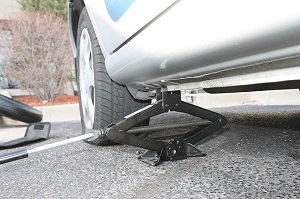
What Happens When Tires Sit Too Long in One Place?

The Importance of Tire Rotations
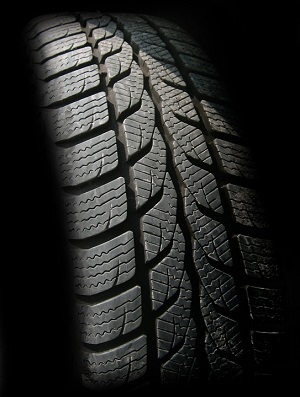
What to Know About Nitrogen-Filled Tires
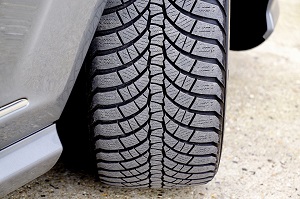
Why You Should Store Your Winter Tires
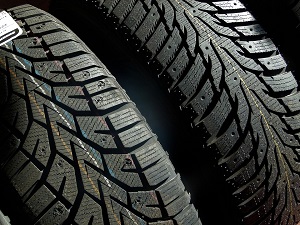
- Improper storage can result in reduced life for your tires or end up making them unusable.
- If your tires are not stored properly heat, UV light, or direct sunlight can break down the rubber and cause them to become damaged.
- Tires become unstable an ...[more]
How to Protect Your Tires Against Common Road Debris

Tire Patterns and What They Mean
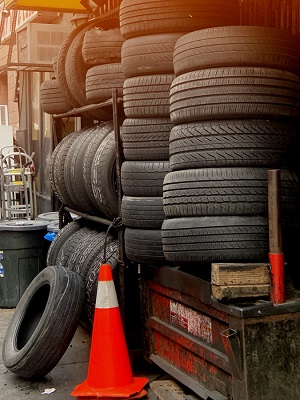
How is a Tire Installed?
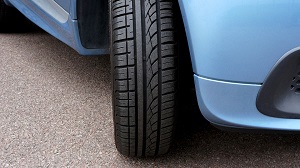
- Inspecting the lugs or wheel bolts
- Installing new rubber valve stems where applicable
- Mounting the tires
- Balancing the new tires on your wheels
- Tightening the wheel lugs to the manufacturer recommended torque
- Servicing TPMS systems
The Steps to Install a New Set ...[more]
Why Is Tire Pressure Important?
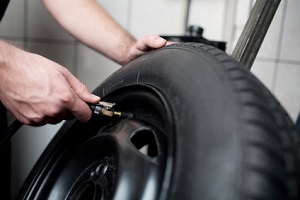
- The pressure of your tires must be in accordance with the PSI recommended by the tire manufacturer.
- Tire pressure should be checked in the morning before you drive your car in order to get an accurate reading.
- Temperature affects tire pressure; when it is ...[more]
Do You Need Winter Tires?
Do You Need Winter Tires?
Are you curious about the difference between different types of tires? When it comes to winter tires and regular tires, the main difference between the two is tread depth. On winter tires the tread depth starts at between 8 and 9 mm as opposed to 7 and 8 mm on a regular tire. Winter tires have a wider and deeper groove within the tire tread which forms a larger channel for snow and water to travel through and maintains a grip on the road.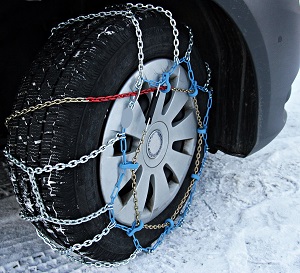
One of the most important features of winter tires is the fact they are made with a larger percentage of natural rubber and silica in the compound. This doesn’t harden as much as synthetic rubber in cold weather which improves the tire grip.
What are the benefits of winter tires?
Winter tires ...[more]
| << Previous | 1234567 | Next >> |



